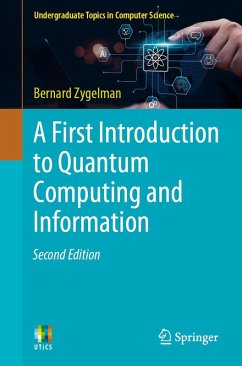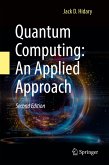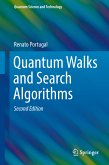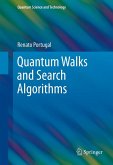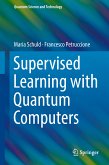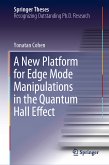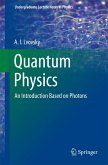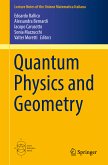Developments over the past few decades have spurred the need for QIC courseware at major research institutions. To address this, the present 2nd edition of a highly accessible textbook/reference broadens the exposure of QIC science for the undergraduate market. The subject matter is introduced in such a way so that it is accessible to students with only a first-year calculus background. Greater accessibility allows a broader range of academic offerings.
Topics and features:
- Introduces beginning undergraduate students to quantum theory and developments in QIC, without exposure to upper-level physics and mathematics
- Contains a new chapter on Adiabatic Quantum Computing
- Integrates Mathematica-based software examples and projects, which offers a "hands-on" experience and facilitates navigation of difficult abstract concepts
- Offers helpful links to additional exercises, problems, and solution manuals
- Facilitates a more holistic approach to the teaching of difficult concepts, incorporating symbolic manipulation software
- Provides new material on Quantum Error Correction
- Allows a broad-range of course offerings spanning physics, engineering, math and computer science
This unique introductory textbook can serve courses offered in university physics, engineering, math, and definitely computer science departments. Use of Mathematica software allows a fast learning curve for students who have limited experience with scientific programming.
Bernard Zygelman is a professor of physics at the University of Nevada, Las Vegas, US. For more than a decade, he has developed and taught quantum computing and information courseware at both the graduate and undergraduate level.
Dieser Download kann aus rechtlichen Gründen nur mit Rechnungsadresse in A, B, BG, CY, CZ, D, DK, EW, E, FIN, F, GR, HR, H, IRL, I, LT, L, LR, M, NL, PL, P, R, S, SLO, SK ausgeliefert werden.
Hinweis: Dieser Artikel kann nur an eine deutsche Lieferadresse ausgeliefert werden.

